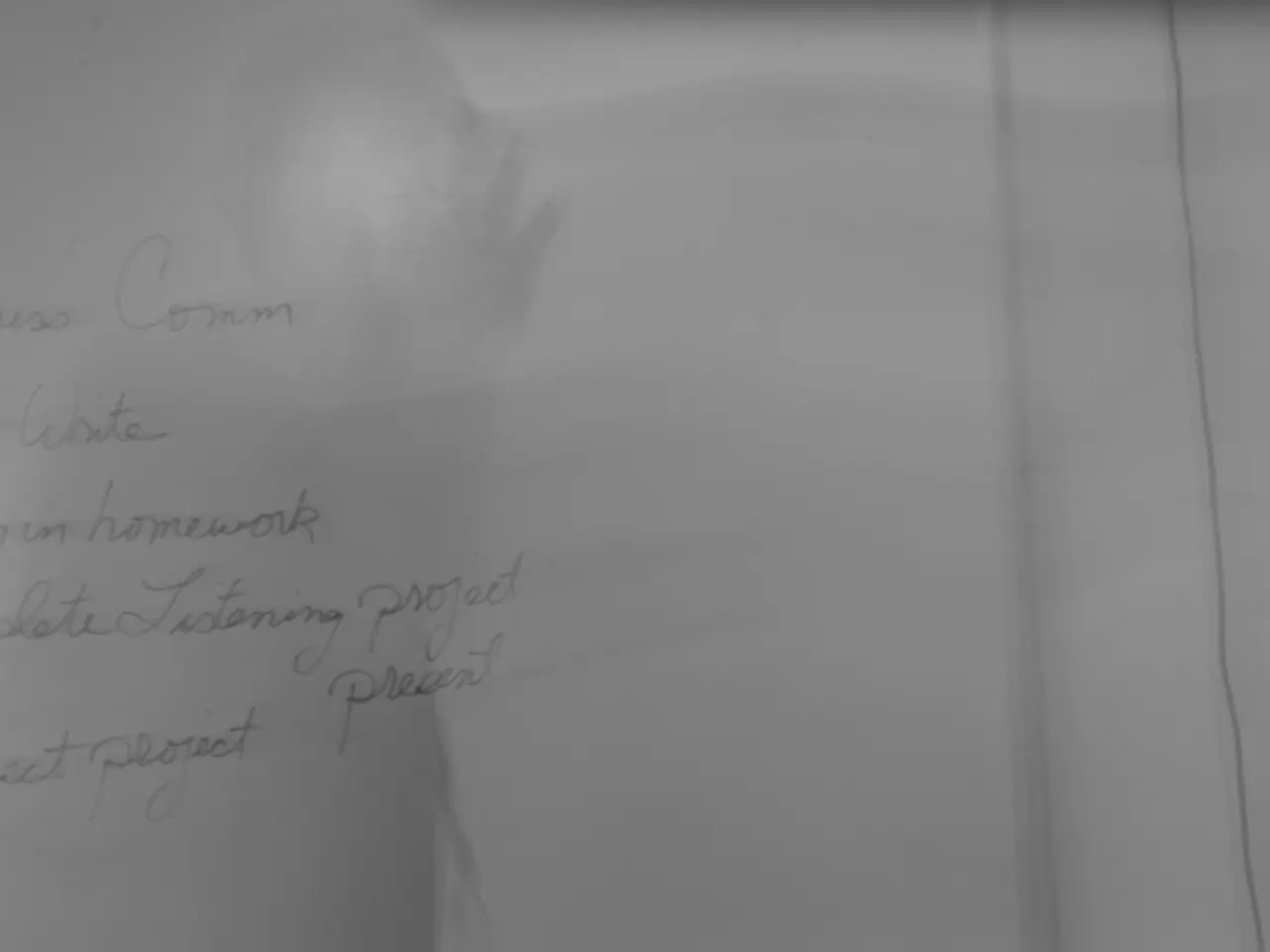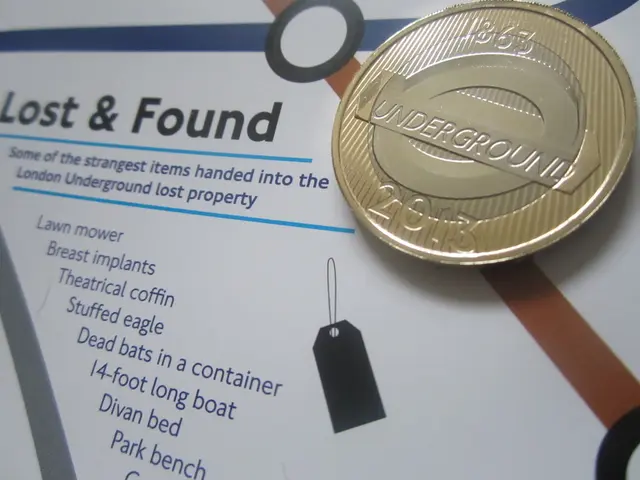High Court postpones decision in JSW-Bhushan Power legal battle following three court sessions
The Supreme Court of India is currently holding a reserved verdict in the complex dispute surrounding the liquidation of Bhushan Power and Steel Limited (BPSL) and the rejection of JSW Steel's resolution plan under the Insolvency and Bankruptcy Code (IBC).
The case originated on May 2, 2025, when the Supreme Court initially struck down JSW Steel's ₹19,700 crore resolution plan and ordered the liquidation of BPSL under Article 142 of the Constitution. This decision was based on procedural violations, including breaches of the 330-day resolution timeline under Section 12 of the IBC and non-compliance with eligibility criteria under Section 29A.
Critical issues that arose include alleged delays by JSW Steel in making creditor payments, amounting to 550 days beyond its promises, ownership conflicts over approximately $300 million of EBITDA profits generated during the interim period, and questions over whether the Committee of Creditors (CoC) retains authority post-approval to oversee implementation delays.
The Enforcement Directorate (ED) had issued a provisional attachment order (PAO) against BPSL’s assets shortly after the National Company Law Tribunal (NCLT) approved the resolution plan in 2019. This led to conflicting rulings, with the National Company Law Appellate Tribunal (NCLAT) initially staying the PAO citing IBC provisions, but the Supreme Court later ruling that the ED’s powers under the Prevention of Money Laundering Act (PMLA) were not constrained by insolvency laws, complicating the resolution and enforcement process.
Following these contentious developments, on August 2, 2025, the Supreme Court recalled its earlier May judgment due to errors in legal interpretation. The Court decided the prior judgment did not correctly consider binding precedents regarding the resolution plan approval process and insolvency jurisprudence. The matter was ordered to be reconsidered afresh, reopening the possibility for JSW’s resolution plan and suspending liquidation orders.
As of August 11, 2025, after three days of hearings, the Supreme Court had reserved its verdict again in this case, indicating that a final decision on JSW Steel’s resolution plan, the role of creditors, and the liquidation status of BPSL is pending.
This case underscores tensions between insolvency resolution timelines, enforcement agency powers under PMLA, and the rights and responsibilities of successful resolution applicants and their creditors under the IBC framework. The final verdict is eagerly awaited, as it could set a significant precedent for future insolvency cases in India.
| Aspect | Details | |-------------------------------|---------------------------------------------------------------------------------------------| | Initial Supreme Court order | May 2, 2025: Cancelled JSW’s plan; ordered liquidation citing procedural flaws under IBC | | Key issues | Violations of IBC Section 12 deadline, Section 29A compliance, EBITDA disputes, delayed payments by JSW, ED asset attachment | | Enforcement Directorate role | ED attachment order challenged but upheld on public law grounds, complicating asset management | | Recall of judgment | Aug 2, 2025: Supreme Court recalls May order citing incorrect legal interpretation | | Current status | Verdict reserved as of Aug 11, hearing completed; final decision pending |
- The ongoing dispute surrounding the liquidation of Bhushan Power and Steel Limited (BPSL) and the rejection of JSW Steel's resolution plan under the Insolvency and Bankruptcy Code (IBC) has significant implications for the business and finance industry, particularly in relation to the resolution plan approval process and the rights and responsibilities of successful applicants and creditors.
- The complex case of Bhushan Power and Steel Limited (BPSL) has highlighting tension between insolvency resolution timelines, enforcement agency powers under PMLA, and the rights and responsibilities of successful resolution applicants and their creditors under the IBC framework, making it a critical decision with potential far-reaching impacts on the industry.




